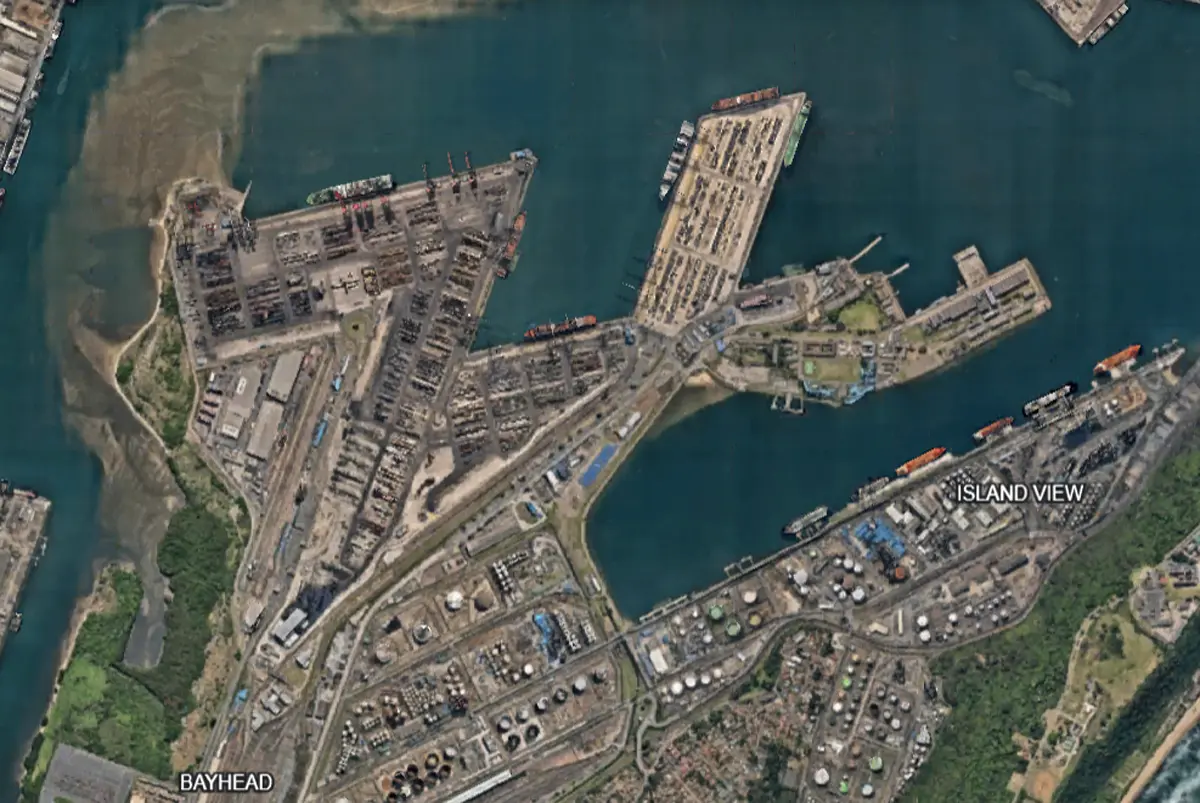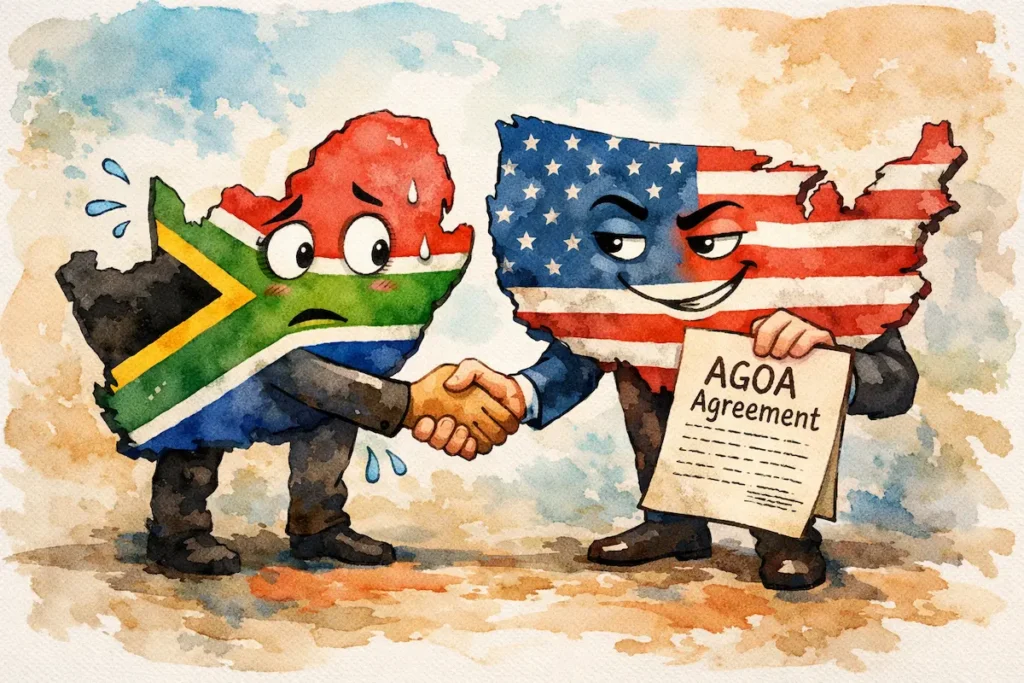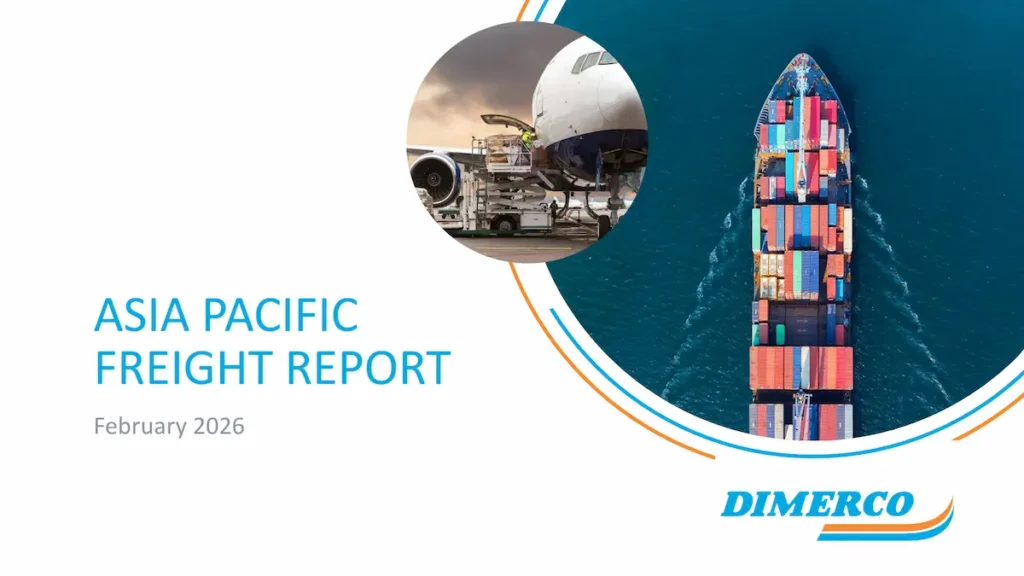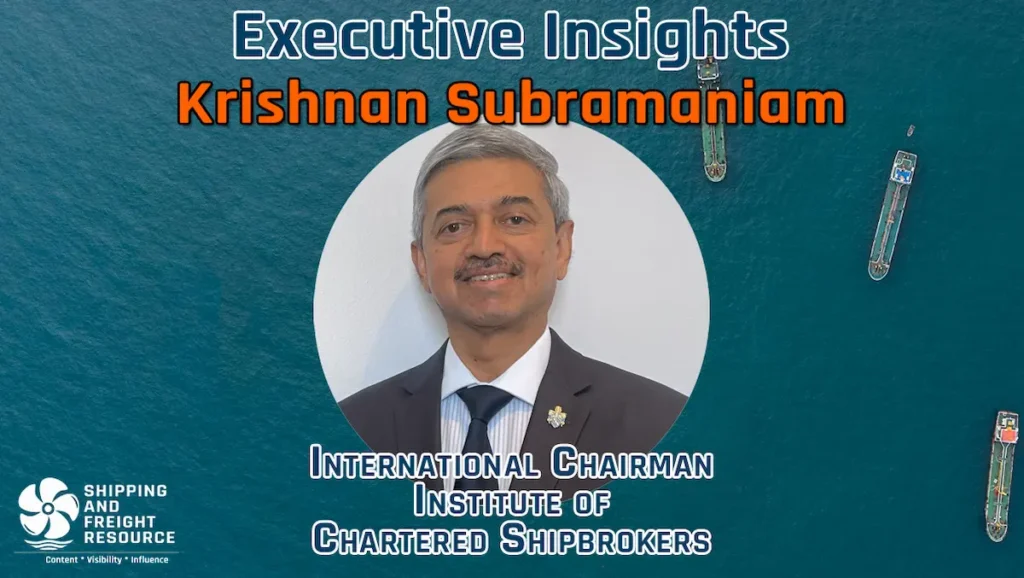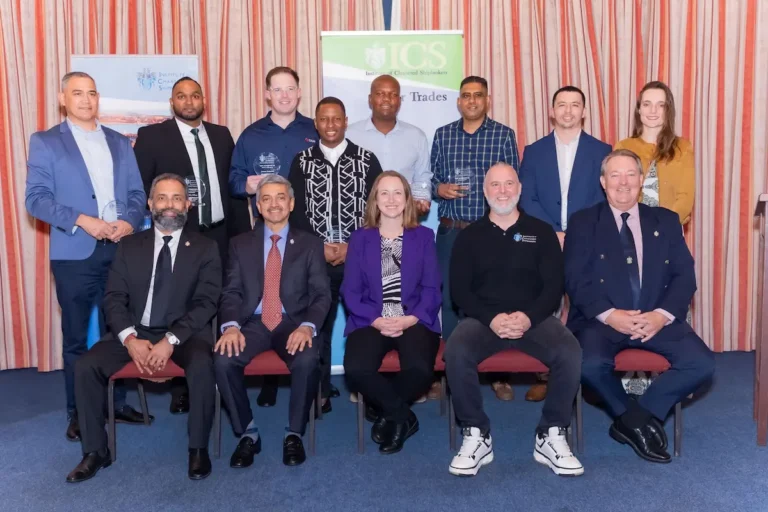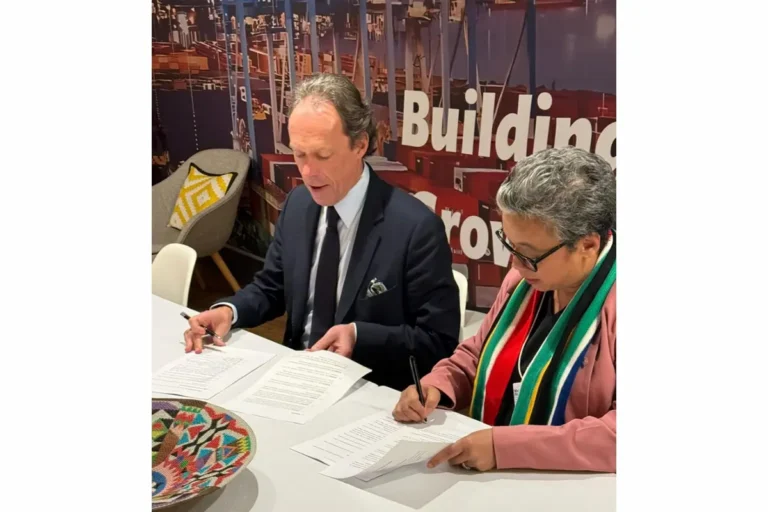This question has been churning in many people’s minds since the renewal of terminal leases at Durban’s Island View Precinct (IVP)..
In October 2025, Transport Minister Barbara Creecy issued a directive under Section 79 of the National Ports Act, instructing Transnet National Ports Authority (TNPA) to renew the leases of existing liquid-bulk terminal operators for another 25 years..
It has been reported that under this directive, the leases of the incumbents in this space – Bidvest Tank Terminal, H&R South Africa, Chemoleo, Unico TEC, Astron Energy, Vopak Terminal Durban, Engen, Total Energies, Sapref, and Sasol have been renewed automatically..
This automatic renewal takes away the opportunities for many local and upcoming energy service providers in the country who may have to wait for 25 years to get another opportunity in this lucrative space..
It also raises two central questions :
- Should Section 79 of the National Ports Act, which empowers ministerial direction “in the national interest,” override Section 56, which mandates fair, transparent, and competitive processes when awarding port concessions..??
- Was it correct to invoke the archaic Section 79, mainly used to shield SA from sanctions in the past, ignoring Section 56, which is meant to ensure fairness in the selection process..??
A tale of two clauses
Section 56 (5) of the Act states that any port-operation agreement must follow a procedure that is fair, equitable, transparent, competitive, and cost-effective, ensuring that access to public-port infrastructure remains open and contestable..
Section 79 (1) empowers the Minister to direct the Authority to act to safeguard national security or promote the national, strategic, or economic interests of the Republic..
Originally conceived in an era of international isolation, Section 79 gave the State flexibility to secure critical resources during sanctions..
But South Africa today operates in an interconnected global economy where openness and competition are central to resilience.. Using a 1980s-era safeguard to decide 21st-century market structure may therefore be legally permissible, yet economically questionable..
The urgency argument
There was, however, genuine urgency.. The closure of the Sapref and Engen refinery operations left South Africa heavily reliant on imported fuel through Durban..
Short-term leases discouraged investment in storage and maintenance, so long-term certainty was a logical response..
The problem is not the intent, it is the process.. Urgency does not justify bypassing the very procedures designed to guarantee fairness.. Stability and openness should coexist; one secures supply, the other secures trust..
Ownership and control
The other issue with the automatic renewal of these leases is that it appears to contradict the government’s transformation agenda.
Among the incumbents, Bidvest Tank Terminals, H&R South Africa, and Sapref under the CEF represent the limited sphere of local or state-controlled participation..
The rest remain tied to global trading and energy giants, leaving South Africa’s import and storage backbone still largely under foreign influence..
While this may bring technical expertise and continuity, it limits succession pathways for South African companies..
Have local players effectively become spectators in a market they should be helping to shape..??
CEF’s limited foothold and the cost challenge
To address transformation objectives, the directive allocates the Central Energy Fund (CEF) 15% of terminal storage capacity, rising to 30% over time..
While the intention to enable black-owned fuel distributors to access storage via CEF is commendable, the mechanics may be problematic..
Fuel terminals depend on ullage, or available tank space for vessel discharge.. With just 15% capacity, there is concern that CEF will struggle to have sufficient ullage when ships arrive, forcing its partners to depend on incumbent operators..
More significantly, if new entrants must lease space through CEF while incumbents own their tanks outright, the playing field is not level..
Those renting storage will always carry higher costs, while owners enjoy lower base prices.. That imbalance cascades down the value chain, influencing wholesale fuel prices and eventually consumer inflation..
As one executive noted privately, “This structure effectively makes newcomers tenants in a market where the landlords set the rules.”
Lost momentum for transformation
A properly managed Section 56 process could have created joint ventures between international traders and local companies, ensuring both continuity and transformation..
Instead, the decision has frozen the competitive landscape, possibly for another generation..
Without a formal succession or equity-transfer plan, local operators risk being confined to secondary roles, providing logistics or blending services without access to ownership or decision-making..
Balancing security and inclusion
Few would argue against protecting the country’s fuel supply.. But the definition of “national interest” must evolve.. National interest should mean security with inclusion, not security through exclusion..
There are alternative tools available: accelerated tenders with strict transformation thresholds, mid-term lease reviews, and enforceable third-party access rules that balance stability with participation..
While the law provides the framework, it needs to be applied with equal weight to fairness and urgency..
A question for policymakers
The Island View renewals may ensure continuity, but they also set a precedent.. If “national interest” becomes a convenient channel for bypassing competition, the real risk is competition shortage..
South Africa must now decide whether “national interest” will remain a shield for incumbents or become a gateway for shared opportunity..
Because protecting supply for 25 years should never mean locking out the very local capacity we will need for the next 50..

